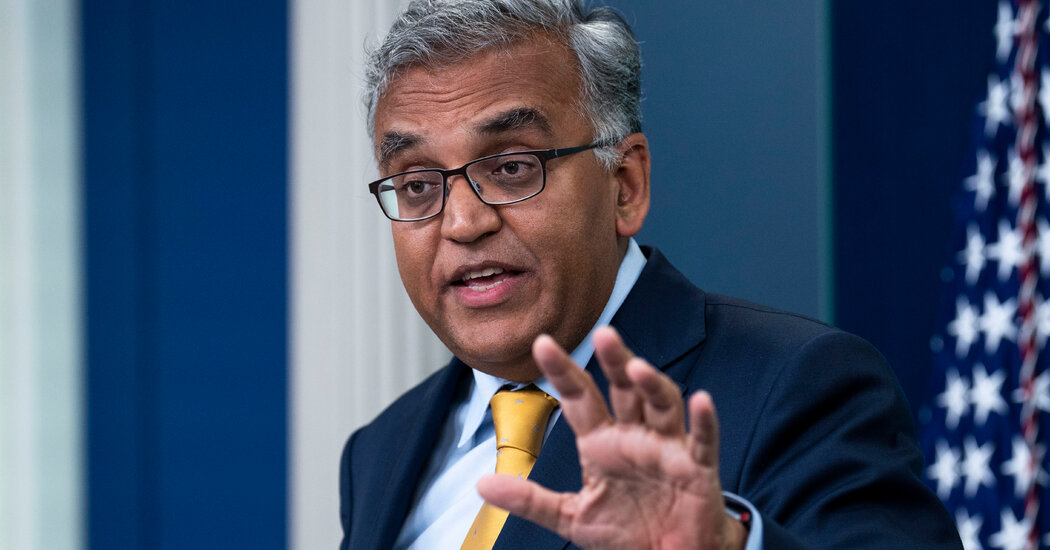
Pressure has also been mounting on Capitol Hill, where lawmakers have demanded to know why there has been such a long wait.
Parents “are frustrated, they are confused, and I am, too,” Senator Patty Murray, Democrat of Washington, who chairs the Senate health committee, said at an F.D.A. oversight hearing in April.
Late last month, the F.D.A. laid out its own tentative timetable for considering applications from Moderna and Pfizer-BioNTech to authorize doses of their Covid-19 vaccines for young children; a decision on authorization could come soon after an outside panel of experts advising the F.D.A. meets to discuss it on June 15.
If the F.D.A. grants emergency authorization to one or both vaccines, a C.D.C. expert panel will convene soon after to make recommendations about how they should be used. If the process is complete by Friday, June 17, Dr. Jha said, doses could ship over the three-day weekend that includes the Juneteenth federal holiday, and be available on Tuesday, the 21st.
In making the announcement, Dr. Jha was treading a delicate path. Last summer Mr. Biden created an uproar when he announced that booster shots would be available to many Americans in mid-September pending F.D.A. authorization — only to meet resistance from the agency’s leaders, who said they needed more time to review the data.
But Dr. Jha said it was important for the White House to plan, and to be transparent about it.
Dr. Maldonado, a nonvoting member of the C.D.C. expert advisory panel that makes vaccine recommendations, drew a contrast between the messaging on pediatric doses and on booster doses. Because the F.D.A. has been so vocal in laying out its plans, she said, Thursday’s announcement by Dr. Jha did not catch doctors and patients off guard.
“This is of a surprise, absolutely,” she said, “but it’s still exciting to hear that we are almost ready to start vaccination for little kids.”
